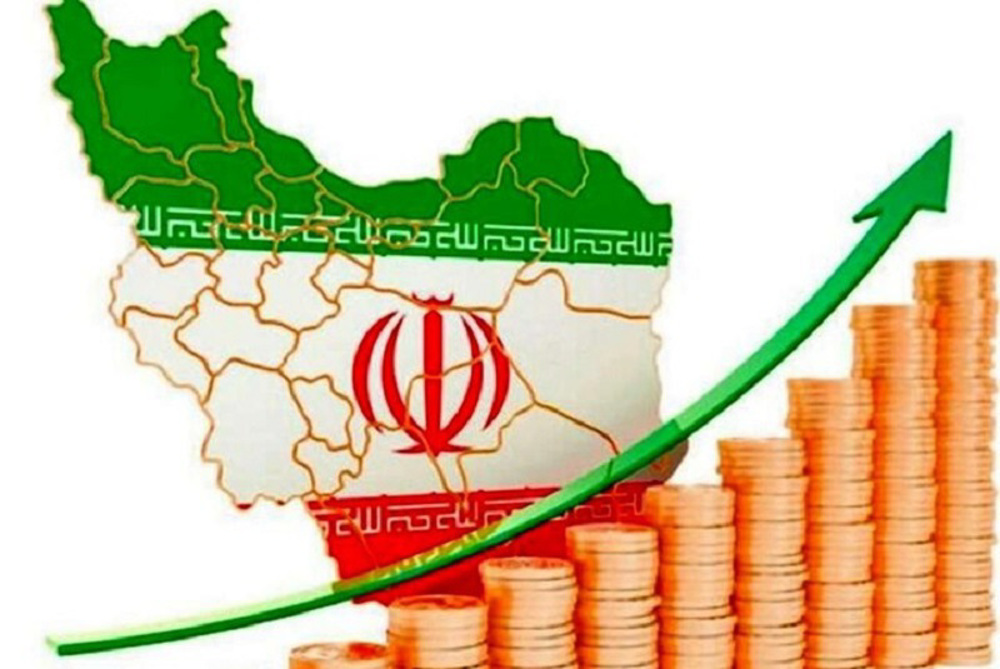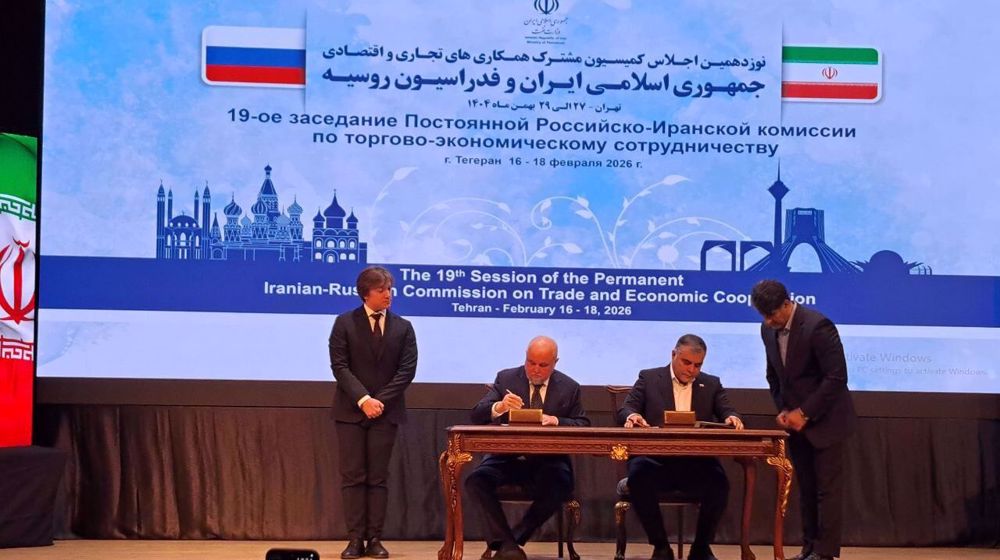UAE’s Emirates plans expansion in Iran: Report
UAE’s Emirates Airline says it is expanding operations in Iran which the company described “a very important market”.
The airline currently operates flights to the Iranian capital of Tehran and the holy city of Mashhad which is an extremely popular destination for Shia pilgrims.
“We are looking at opportunities there. Iran is not a small country; it’s huge, much like India,” Shaikh Majid Al Mualla, divisional senior vice-president of commercial operations at Emirates, was quoted as saying on Monday.
Dubai-based English language newspaper Gulf News quoted the carrier as saying that Emirates was heartened by strong demand for international flights in both Tehran and Mashhad. It said there are more than 70% seat bookings year-round, with the rate rising to 90% at peak seasons in the two cities.
Al Mualla said the company had yet to discuss the expansion plan with Iranian authorities. “We haven’t started dialogue (with Iran), but I’m sure when the time comes, it will happen,” he said.
Relations between Iran and Persian Gulf Arab states, including the UAE, have been strained over regional developments, especially the wars in Yemen and Syria.
The UAE is a main trading partner with Iran despite downgrading diplomatic ties in 2016 after Saudi Arabia severed relations with the Islamic Republic because of Iranian protests at the execution of a prominent Shia cleric.
Iran’s non-oil trade with the UAE hit $16.83 billion in the last fiscal year that ended March 20, 2018), up 21% from the year before, Tehran-based Financial Tribune reported last week, citing Iranian customs administration figures.
Iran exported $6.76 billion worth of goods to the UAE during the period, down 9.59% year-on-year. The country also imported $10.06 billion worth of goods from the United Arab Emirates, a rise of 57.1%.
The UAE has been acting as a reexport hub for commodities originating from other countries, including Europe.
In December, Etihad Airways, another Emirati airline, announced that it would scrap flights to Iran as part of a strategy review. The Abu Dhabi airline, one of the three Persian Gulf super connectors, said it would stop flying to Tehran on Jan. 24.
Low-cost flydubai, however, still maintains flights to Iranian cities, including Tehran and Mashhad.
Iran’s 2016 nuclear deal and the subsequent removal of sanctions has triggered a flurry of interest in the country where an international survey of the travel industry has described it as the next tourism hotspot thanks to “its unique culture and heritage”.
Iran’s own expansion plans are sufficiently ambitious. The country has ordered more than 200 new planes from Airbus, Boeing and ATR planemakers since US-led sanctions were lifted in 2016.
The country plans to attract 20 million foreign tourists in order to generate up to $30 billion of revenues a year by 2025, according to officials.
Third round of Oman-mediated talks between Iran, US begins in Geneva
VIDEO | UN commemorates Mother Language Day with celebrations
VIDEO | Pakistan, Afghan Taliban trade accusations after border clash
VIDEO | Venezuela races against time to rebuild homes bombed by US
Ex-IAEA chief warns US of ‘horrific’ costs of war on Iran
India’s Modi visits occupied territories to deepen ties with Israel despite Gaza genocide
Araghchi says ‘fair and balanced’ deal within reach ahead of Geneva talks
VIDEO | Trump’s 2026 State of the Union speech bellicose, short on policy











 This makes it easy to access the Press TV website
This makes it easy to access the Press TV website